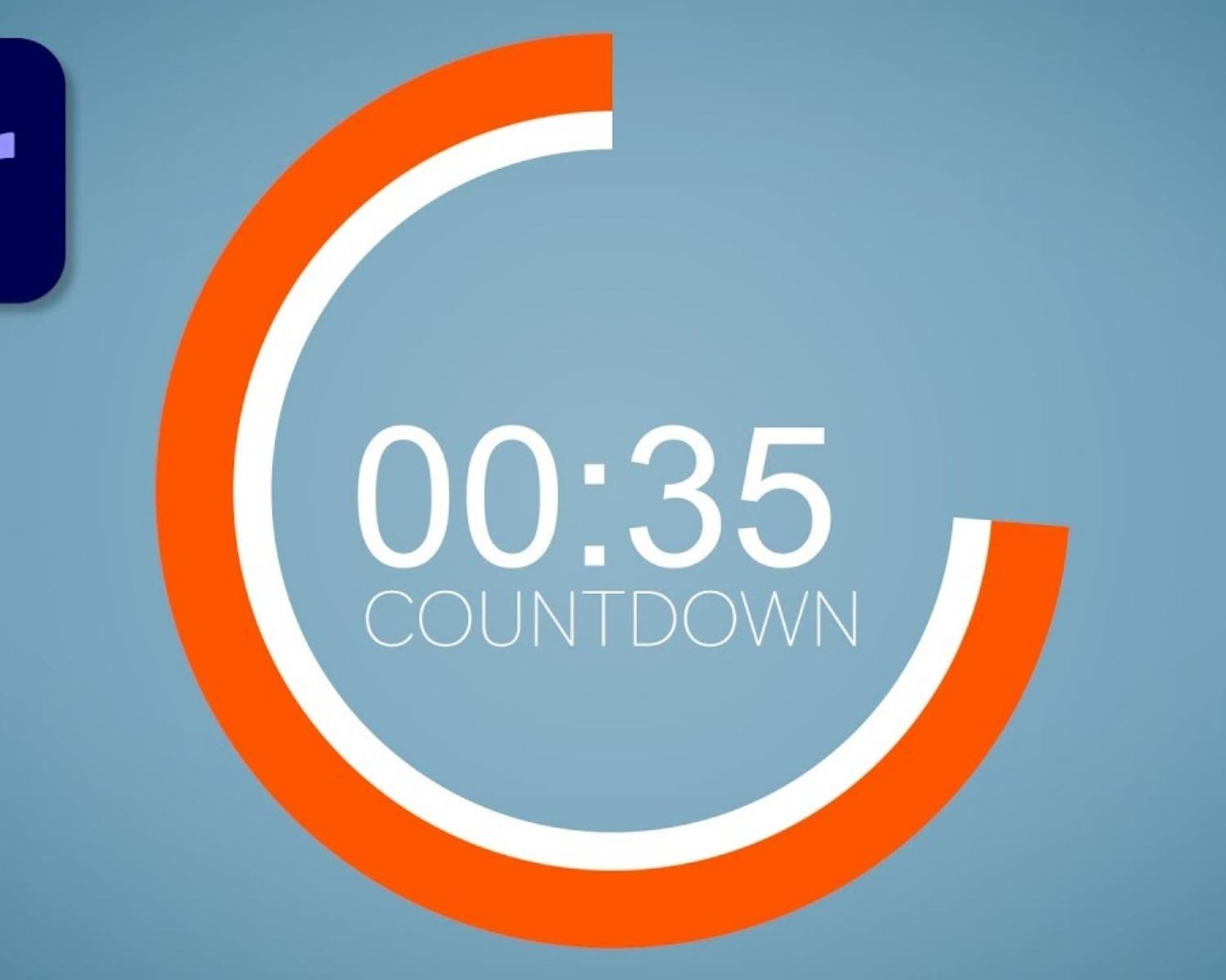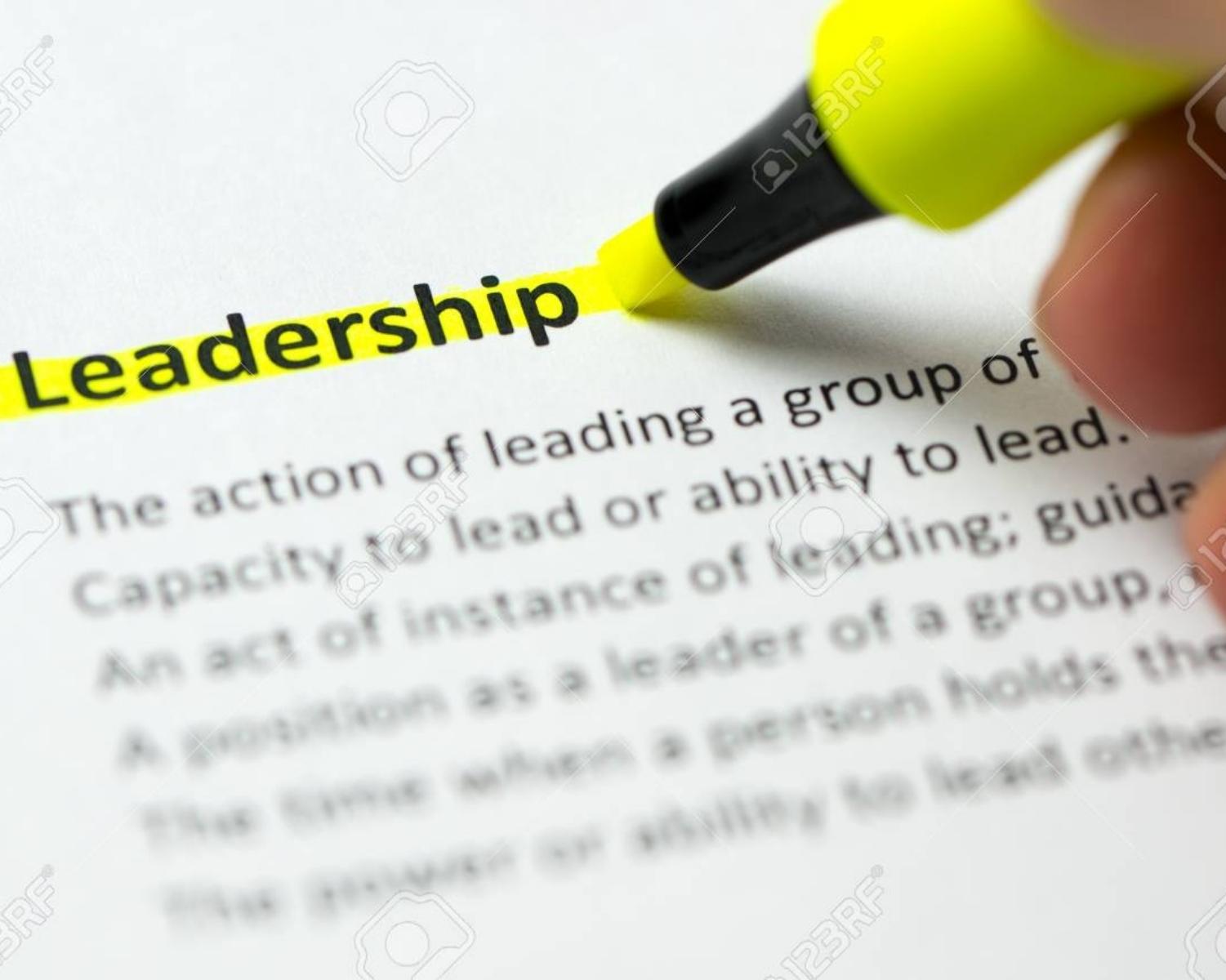How to Read Faster: 10 Ways to Increase Your Reading Speed
Curated from: lifehack.org
Ideas, facts & insights covering these topics:
15 ideas
·8.39K reads
74
2
Explore the World's Best Ideas
Join today and uncover 100+ curated journeys from 50+ topics. Unlock access to our mobile app with extensive features.
1. Stop the Inner Monologue
One’s inner monologue, also known as subvocalization, is an extremely common trait among readers. It is the process of speaking the words in your head as you read, and it is the biggest obstacle that gets in the way of you being able to increase your reading speed.
If you’re hearing voices in your head when you’re reading, don’t fret. As long as it is your own voice, reading along with you, you’re fine. In fact, this is how teachers teach kids to read – say the words silently in your head as you read.
238
1.22K reads
If you are seeking to increase your reading speed, this is the first thing you must learn to overcome.
Since most people are in the habit of saying the words aloud in their head as they read, they tend to read around the same pace as they talk. This means, your reading speed will only increase so much if you continue to keep up that inner monologue. If you want to continue to increase your reading speed, you need to eliminate it.
231
883 reads
To do this, you need to understand one thing: It’s unnecessary. You do not need to say every word in your head in order to understand the material you are reading. It was when you are younger, but now you are able to input the meaning from just seeing the words. Your brain still processes the information.
For example, when you see a “YIELD” sign, do you actually stop to speak the word in your head? Of course not. You just look at it and process it automatically. This is what you need to be doing when you read your print material, such as books or paperwork.
227
729 reads
2. Word–Chunking
Word-chunking closely parallels with the idea of eliminating the inner monologue. This is the act of reading multiple words at once, and is the key to reading faster. All of these reading tips tie together, yet word-chunking is probably the most active tool to use when you work to increase your reading speed.
For now, focus on trying to read three words with one glance. Continue on down the page like that, taking note of how much faster you complete the entire page of text. You are still able to process and comprehend what you read, but spend far less time doing it.
235
714 reads
Now, take that concept one step further. Take a pencil and lightly draw two vertical, parallel lines down your page, separating the text into three sections. Start at the top left of the page as usual, and cover up everything below that line with your hand or a piece of paper.
Focus on reading the text in each section as one thing. Chunk the words together, and read them at a glance as you would a road sign. Keep doing this down the page, moving the paper accordingly. You will notice that your speed was faster than before.
230
636 reads
3. Do Not Reread the Words on the Page
Before we move on to the peripheral vision part – that’s the real kicker – you’re going to want to make sure you break the habit of rereading the words on the page.
If you watch the average person’s eyes as they read, you will notice they jump and flit about. They do not just flow evenly back and forth, as they should. This is because the average person – you do this, too – tends to backtrack over words they have already read. This is one thing that prevents you from being able to increase your reading speed.
230
577 reads
You most likely do this without even realizing that you are doing it, which makes it a bit of a tricky habit to break out of. The easiest way, even though you may feel a bit childish, is to use your finger or bookmark to guide you along.
Keep your finger running back and forth across the page, without stopping or going back. Keep tracking the words as your finger continues to make its way down the text. When you get to the end, think about what you read. You did not go back over a single word, and yet you still recall what you have read.
226
510 reads
4. Use Peripheral Vision
Congratulations! You’ve made it to the key step that really ties everything together. While this may not be the final step, it’s certainly a critical one.
Use the techniques from everything above to view and comprehend several words at one time. Instead of chunking in smaller groups of words, try reading one line at a time. This involves looking at the center of the line, and using your peripheral vision to read the rest of it. Scan the page in this manner and, when you reach the bottom, you will find that you still understood what you read, but you did it in record time.
230
488 reads
5. Use a Timer
Speaking of ‘record time’, now is your chance to test yourself and work on how to increase your reading speed each time you read. Set a timer for one minute, reading normally as the time dwindles down. When the timer goes off, note how many pages you have read.
The website, WordstoPages , will help you to figure out how many words you have read.
Keep doing this, continuing to beat your previous count each time. Set a daily or weekly goal, and treat yourself when you reach it. Continue with this little game, and you’ll be able to increase your reading speed in no time!
233
358 reads
6. Set a Goal
Holding yourself accountable will better ensure you stick with your reading and your timer tests. Give yourself a goal of a certain number of pages to read each day/week/etc., and stick to it. When you reach it, treat yourself. Incentive never hurt anyone!
229
365 reads
7. Read MORE
The old adage, “Practice makes perfect,” is actually pretty darn accurate. Any professional, artist, musician, etc. practices their work regularly.
A reader should be doing the same thing. The more you read, the more you will be better at it. The better you are at reading, the more you will increase your reading speed.
229
338 reads
8. Use a Marker
Do you find your vision slipping and sliding through the page as you read? Not a problem. Simply place an index card below each line, and slip it down as you read. This will ensure you stay at reading one line at a time, rather than flitting your eyes about and taking nothing in.
225
380 reads
9. Work on Improving Your Vocabulary
Think about it: You’re reading along, and then you run into a word you don’t know. Do you skip it? Do you try to figure it out by context? Do you stop to look it up? Whichever course of action you take, you are slowing your time significantly, if not stopping it all together to go and look up the retarding word.
If you work on improving your vocabulary, you will know more words. The more words you add to your repertoire, the faster you read. The faster you read, the more you can read. It may be self-evident, but it’s important.
227
337 reads
10. Skim the Main Points FIRST
Finally, when you’re in a real time-crunch and need to get something read by yesterday, take a deep breath and calm down. Open the book, and take some time reading over all the main points. Read the table of contents. Read the subtitles. Read the captions under the diagrams. Get an overall feel for the chapter/section/etc..
228
459 reads
Next, read the first paragraph of each main section. Read the last. Read the middle. Think this over in your head, and piece it together.
Then, start reading everything else while employing the techniques we have just discussed. You’ll retain your information better, as well as your get your reading done faster.
In summation, the next time you need to read something quickly, simply tell yourself to “Shut up and look at the page!”
230
397 reads
IDEAS CURATED BY
CURATOR'S NOTE
Do you have a lot of paperwork to get through with a deadline that continues to stalk you around every corner? Do you have a lot of reading to do? Do you simply just want to read at a faster rate, whether it be for your own personal reasons, or for work? So, how to read faster? Here are 10 proven ways to help increase your reading speed.
“
Yogita 's ideas are part of this journey:
Learn more about personaldevelopment with this collection
How to write clearly and concisely
How to use proper grammar and punctuation
How to structure a business document
Related collections
Similar ideas
11 ideas
How to Read Faster and Have More Study Time
thoughtco.com
3 ideas
The Real Way to Improve Your Reading Speed | Scott H Young
scotthyoung.com
9 ideas
Read & Learn
20x Faster
without
deepstash
with
deepstash
with
deepstash
Personalized microlearning
—
100+ Learning Journeys
—
Access to 200,000+ ideas
—
Access to the mobile app
—
Unlimited idea saving
—
—
Unlimited history
—
—
Unlimited listening to ideas
—
—
Downloading & offline access
—
—
Supercharge your mind with one idea per day
Enter your email and spend 1 minute every day to learn something new.
I agree to receive email updates




